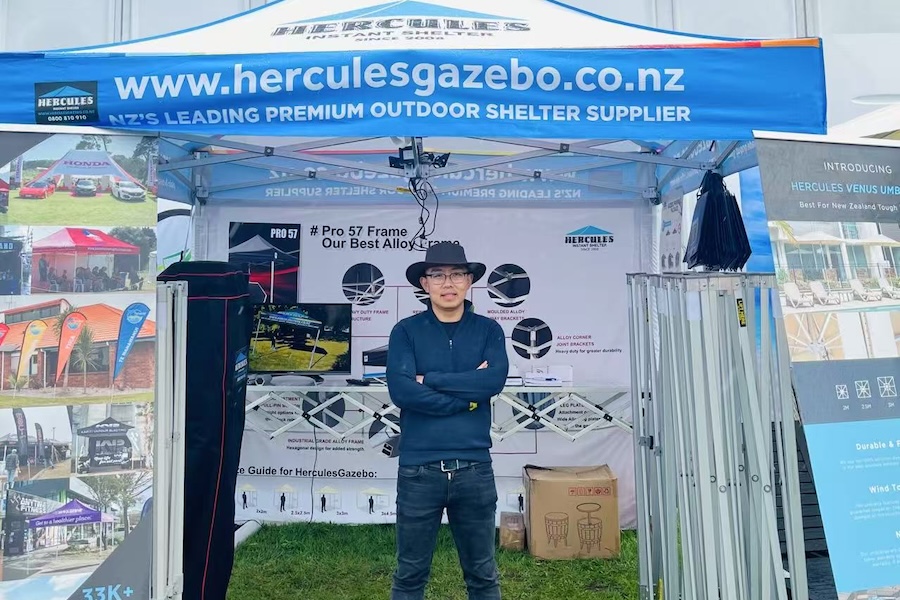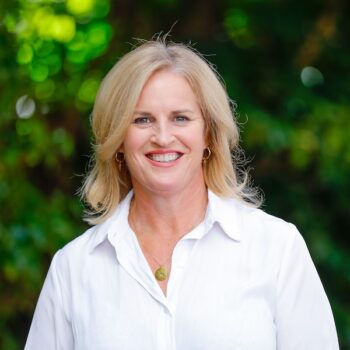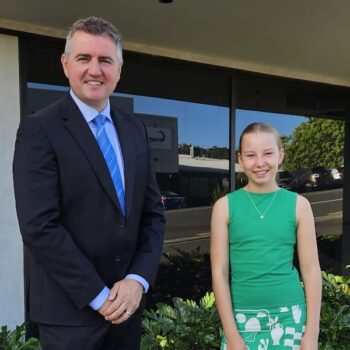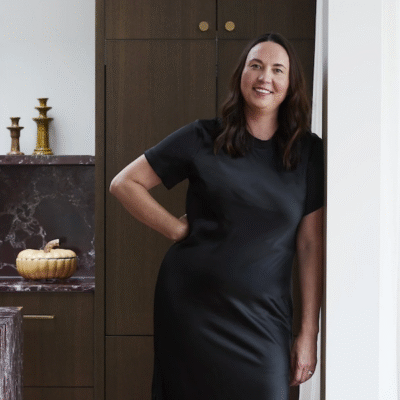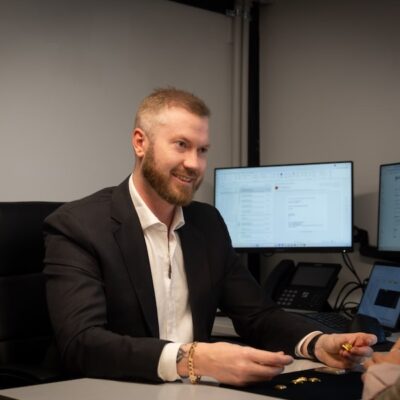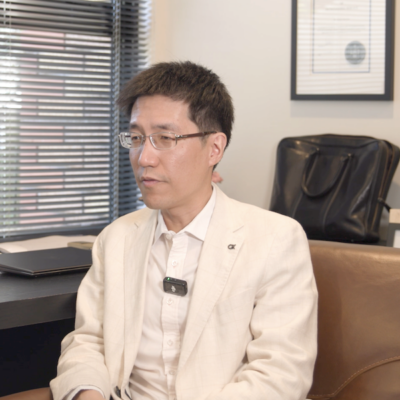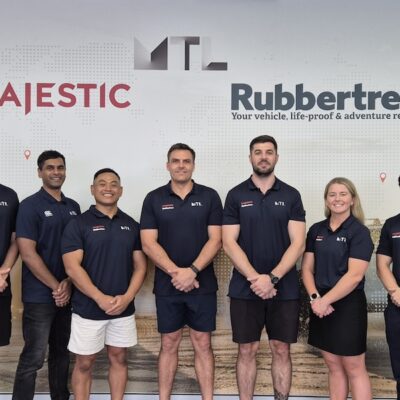Scaling an import business side hustle
Pictured above: Ray Feng.
Ray Feng’s journey as an entrepreneur started as a hobby, importing products for personal use before landing on high-quality outdoor and event equipment for re-sale. Now, as the Founder of Hercules Store, Ray shares how he turned a side hustle into a thriving business that he hopes to grow globally.
Ray never had an intention to run his own business when he first started ordering products from overseas in 2004.
As a tech enthusiast, he was on a quest to build his own high-performance computer.
He spent hours researching parts, figuring out which components worked best together, and sourcing them from overseas suppliers. When he compared local prices with what he was paying for imported parts, he realised they were (for the most part) 40 percent cheaper than buying locally.
Curious about whether others might be interested in imported tech at cheaper prices, he started selling a few extra components online. Demand grew quickly, and before he knew it, he was running a small import business on the side.
He did it for a few years and learned valuable lessons in importing, pricing, and customer service. More importantly, it sparked an idea: If electronics had such a strong market, what other products might offer similar opportunities?
Ray began researching different industries, looking for products that had high demand, solid profit potential, and limited local competition.
Over time, his focus shifted from tech to something completely different: Outdoor and event equipment.
Windy city-proof gazebos
As he explored various product categories, Ray noticed a common frustration among businesses and event organisers – many of the outdoor structures available in New Zealand were flimsy, difficult to set up, or simply not built to withstand the country’s unpredictable weather.
Living in Wellington, one of the windiest cities in the world, he saw firsthand how cheaply made gazebos and marquees struggled to hold up against the elements.
“If a structure can survive Wellington’s wind, it can survive anywhere,” he jokes.
A turning point was when Wellington City Council contacted Ray to supply 40 gazebos for an outdoor markets set up. Realising there was a gap in the market for high-quality, durable outdoor equipment, Ray started working closely with manufacturers in China to design products that were not just robust but also easy to set up and customisable. Soon after, he started offering branded canapes for businesses wanting a custom design. This decision marked the beginning of Hercules Store.
Ray says that New Zealand’s love for outdoor events has been a major driving force behind Hercules’ growth. From food festivals and local markets to large-scale sporting events, businesses and councils and schools across the country needed reliable, weather-resistant gazebos, and have turned to Hercules for solutions.
As word spread about Hercules’ products and customer service, Rotorua City Council also reached out, looking for high-quality gazebos for their community events and the growth escalated nation-wide.
“For us, it’s not just about selling gazebos – it’s about making sure people can rely on them. Whether it’s a council running a weekly market or a small business setting up at an event, they need something that won’t let them down when the weather turns,” Ray says.
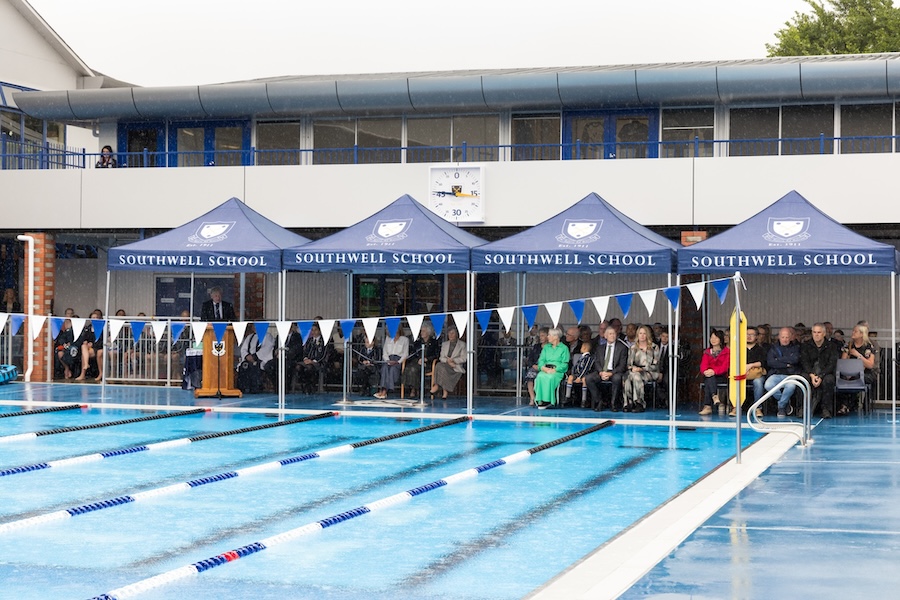
Supplier relationships ensure quality
One of the key lessons Ray learned early on was that success in importing wasn’t just about finding the right products – it was about building strong relationships with suppliers.
To ensure consistent quality, he made it a priority to visit factories at least once a year, understand the production process, and work directly with manufacturers.
His ability to communicate in Mandarin gave him an advantage in negotiating deals and refining product specifications, but Ray insists that any entrepreneur can establish strong supplier relationships.
“It’s not just about speaking the language,” he explains. “It’s about showing up, understanding their processes, and making sure they align with your quality standards.”
By taking a hands-on approach, Ray ensured that Hercules products were built to last, setting them apart from mass-produced alternatives flooding the market.
Related: Digging for success: Vertu Group’s speedy road to the top
Crisis as a catalyst for growth
Like many businesses, Hercules faced uncertainty when the COVID-19 pandemic hit in 2020. Events were cancelled, and outdoor gatherings became restricted, threatening to slow sales. But an unexpected shift in consumer behaviour presented a new opportunity.
With people spending more time at home and unable to travel, home improvement projects surged.
“If you’re sitting at home all day, you start noticing everything that needs upgrading,” Ray says. Instead of booking overseas holidays, many Kiwis invested in their homes and outdoor spaces.
Recognising this shift, Hercules quickly expanded its furniture range and strengthened its e-commerce presence, leading to a spike in sales.

No longer just a two-people job
Despite starting as an online business, Ray understood that some customers would prefer to see and test products before making a purchase. This led to the opening of Hercules’ first physical store in Wellington in 2008, followed by locations in Christchurch and Auckland.
Ray says that scaling a business comes with its fair share of difficulties.
One of the biggest challenges for Hercules has been the rising cost of freight. At one point, shipping expenses skyrocketed to seven times their normal rates Ray explains. Managing stock levels while keeping prices competitive he says, requires constant strategic planning.
Another challenge was managing a growing team.
When Ray first started, it was just him and his wife, Shasha Yang (now an account manager), handling everything. Today, Hercules has grown to a team of 12 in New Zealand, six in Australia and three in China.
“When it’s just you and your wife, you know exactly how everything runs. But as you expand, you need structure.”
Over the past year, Ray has been focused on building a solid business framework, setting key performance indicators, and streamlining operations to improve efficiency.
With Hercules firmly established in New Zealand and now Australia, Ray has his sights set on international expansion. “I want Hercules to be a global brand,” he says.

